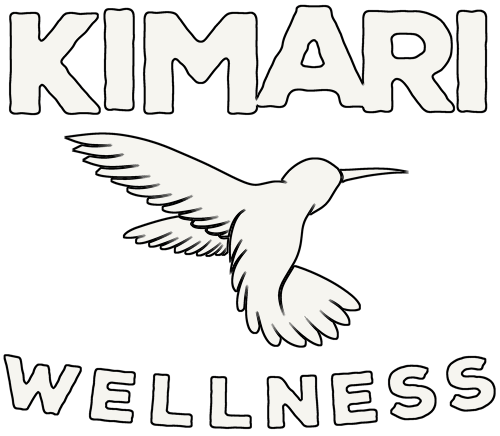Questions & Answers
-
An herbalist helps support health and wellness by using plant-based remedies. They create personalized recommendations for herbal teas, tinctures, salves, and more to address specific health concerns or promote general well-being.
-
Yes, when used correctly. It’s important to consult a knowledgeable herbalist to ensure proper dosages and avoid interactions with medications or other health conditions.
-
Herbs can complement medical treatments but should not replace prescribed medications without consulting your doctor. An herbalist works alongside conventional medicine for integrative care.
-
I conduct a thorough consultation, including your health history, lifestyle, and wellness goals, to recommend herbs tailored to your individual needs.
-
The timeline varies depending on the condition and individual. Some issues may improve quickly, while others, especially chronic conditions, may require weeks or months.
-
Herbs can support the body and improve quality of life during serious illnesses, but they are not a standalone treatment. Always work with your healthcare provider for serious conditions.
-
Yes, I prioritize organic, sustainably sourced, and ethically harvested herbs to ensure quality, safety, and environmental responsibility.
-
Herbal remedies can be taken as teas, tinctures (liquid extracts), capsules, salves, essential oils, or powders, depending on your preferences and needs.
-
No prescription is needed. Herbalists are part of complementary and alternative medicine, and consultations are available without a doctor’s referral.
-
Yes, but with caution. I provide specific recommendations tailored for children or pregnant women, ensuring safety and avoiding any contraindicated herbs.

